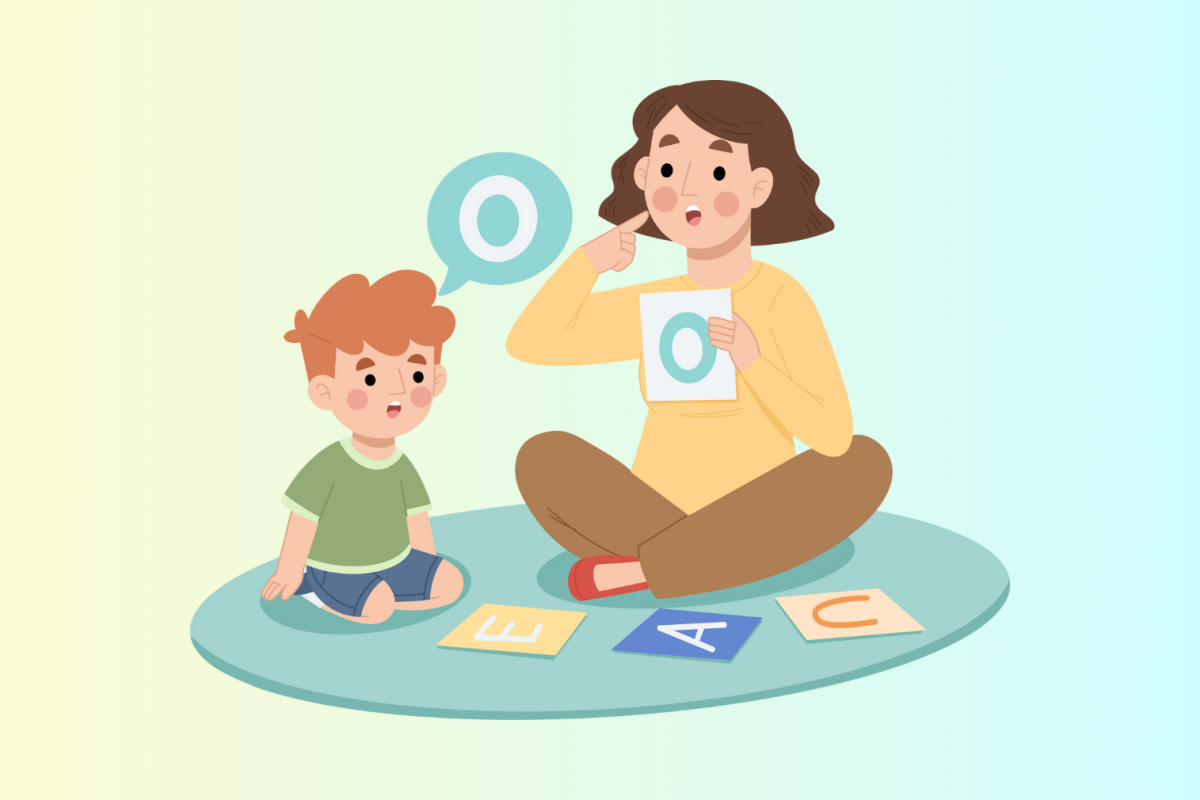
Speech Therapy for Children
Speech Therapy for Children: Helping Little Voices Grow Strong
Speech therapy: Speech and language are some of the most powerful tools a child can have. Through words, children share their feelings, connect with family and friends, and learn about the world around them. But for some little ones, speaking clearly or understanding language does not come easily. That is where speech therapy can make a difference.
Speech therapy supports children in developing their communication skills, giving them the confidence to express themselves and thrive in their daily lives. Whether a child is struggling with pronunciation, has difficulty forming sentences, or faces challenges due to developmental or medical conditions, a speech therapist is there to guide them and their families on the journey toward clearer, stronger communication.
What is Speech Therapy?
Speech therapy is a specialized service that helps children with communication and speech difficulties. A speech therapist, also called a speech-language pathologist (SLP), works with children to improve their ability to:
-
Speak clearly (articulation)
-
Understand and use language (both spoken and nonverbal)
-
Express thoughts and emotions effectively
-
Develop social communication skills
-
Strengthen speech muscles for eating and swallowing, if needed
Every child’s needs are unique. A speech therapist evaluates each child individually, then creates a personalized plan to support their growth in communication and language development.
Why Do Some Children Need Speech Therapy?
Not all children learn to talk at the same pace. While some start speaking early, others take longer to find their words. Occasional delays can be normal, but when a child continues to struggle with speech or communication, professional help may be needed.
Children may benefit from speech therapy if they:
-
Speak less than most children their age
-
Struggle to pronounce certain sounds
-
Have trouble forming sentences
-
Stutter or pause frequently while speaking
-
Have difficulty understanding instructions
-
Show a limited vocabulary for their age
-
Face challenges with social communication, such as taking turns in conversation
Speech therapy can also support children with conditions such as autism spectrum disorder (ASD), hearing loss, cleft palate, Down syndrome, or developmental delays.
How Does Speech Therapy Work?
Speech therapy sessions are designed to be fun, interactive, and engaging. Rather than feeling like lessons, they often look like playtime—because play is one of the best ways children learn.
A typical session may include:
-
Games and activities that encourage children to practice sounds and words.
-
Storytelling and reading exercises to build vocabulary and comprehension.
-
Role-playing and conversations to develop social skills.
-
Practice with toys, flashcards, or technology tools that make learning enjoyable.
Therapists also involve parents in the process, offering tips and exercises to continue at home. With consistency, children can progress significantly over time.
Benefits of Speech Therapy

The impact of speech therapy goes far beyond talking. It touches nearly every part of a child’s life. Some of the key benefits include:
-
Clearer Communication
Children learn to pronounce sounds more accurately, making it easier for others to understand them. -
Improved Confidence
When children can express themselves, they feel more confident at home, in school, and with friends. -
Stronger Academic Skills
Language and communication are the foundation of learning. Speech therapy helps with reading, writing, and comprehension. -
Better Social Skills
Children learn how to take turns, start conversations, and use language in ways that strengthen relationships. -
Support for Feeding and Swallowing
Some children also benefit from therapy that strengthens oral muscles, making eating and drinking easier.
Parents’ Role in Speech Development
Speech therapy works best when families are actively involved. Parents and caregivers play a crucial role in supporting communication at home. Some simple ways to encourage language development include:
-
Talking to your child often – Describe what you’re doing, name objects, and ask questions.
-
Reading together daily – Books build vocabulary, imagination, and understanding.
-
Singing songs and rhymes – Music helps children remember sounds and words.
-
Playing interactive games – Games like “I Spy” or simple storytelling spark conversation.
-
Encouraging, not pressuring – Celebrate progress, no matter how small, and avoid criticism.
When parents and therapists work as a team, children make the greatest strides in their communication journey.
When to Seek Help
It is natural for parents to wonder whether their child’s speech development is on track. While every child grows at their own pace, here are some signs that it may be time to consult a speech therapist:
-
No babbling by 12 months
-
Limited vocabulary by 2 years old
-
Difficulty being understood by age 3
-
Trouble forming full sentences by age 4
-
Stuttering that doesn’t improve with time
-
Ongoing frustration due to difficulty communicating
Early intervention makes a big difference. The sooner a child begins therapy, the more effective the results can be.
A Holistic Approach
Many families find that speech therapy is most effective when combined with other developmental supports. Along with speech therapy, some children also benefit from:
-
Occupational therapy helps with fine motor skills, sensory integration, and daily activities.
-
Psychological support, which addresses emotional well-being, behavior, and coping strategies.
Together, these services provide a well-rounded approach to supporting children’s growth in all areas—physical, emotional, and developmental.
Conclusion
Every child deserves the ability to share their thoughts, feelings, and ideas with the world. Speech therapy is more than just teaching words—it is about helping children find their voice and giving them the confidence to use it.
For families, speech therapy offers reassurance and guidance, showing that with the right support, children can overcome communication challenges and flourish.
If you are concerned about your child’s speech or language development, know that you are not alone. Help is available, and progress is possible. With patience, care, and professional guidance, children can learn to express themselves, connect with others, and grow into confident communicators.
Because every child’s voice matters.

